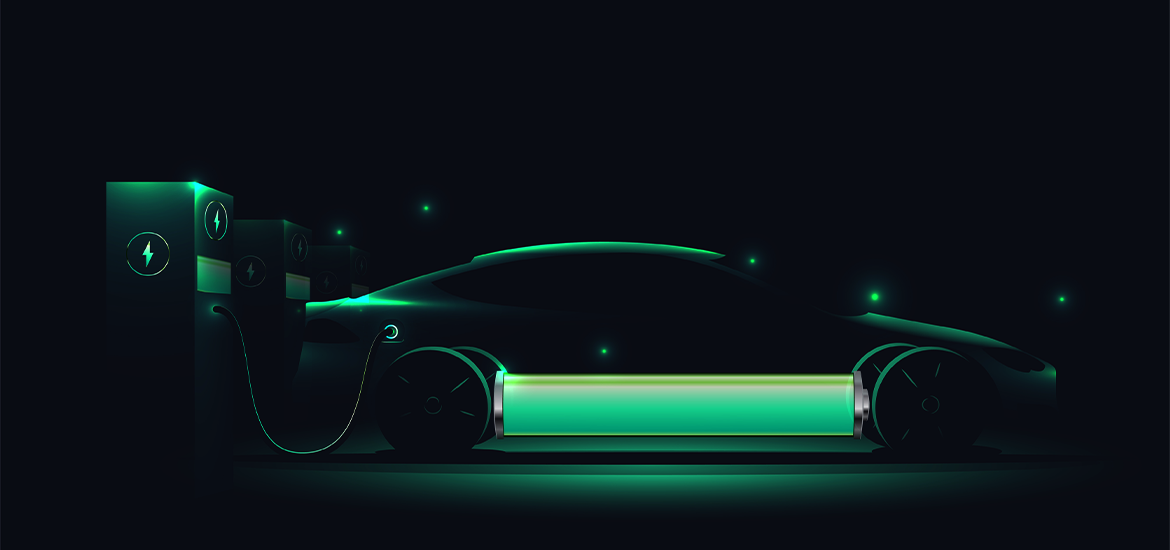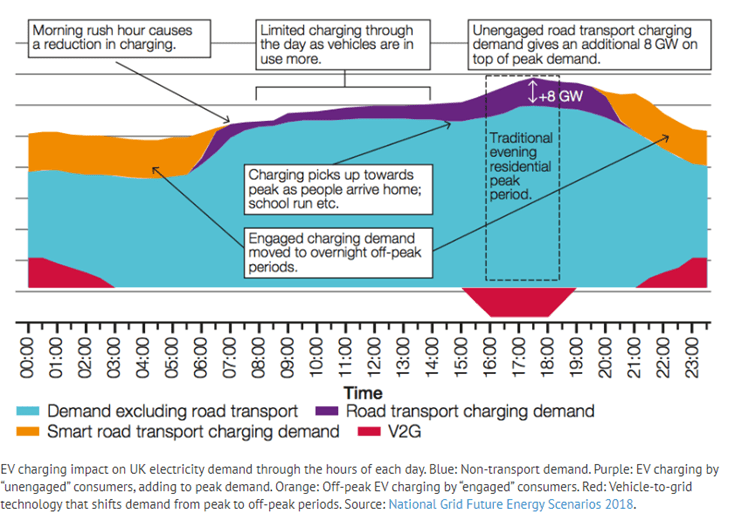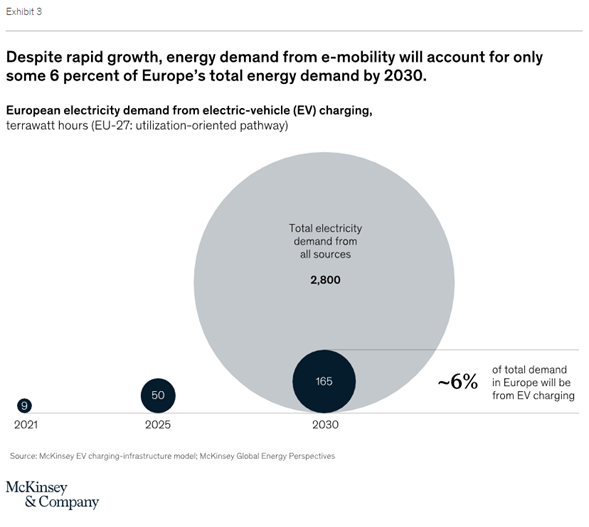
Should I Charge My Electric Car Every Night?
Find out all you need to know about charging your EV every night in this article.
Charging an electric vehicle at home can be a great option for EV owners. When it comes to charging overnight, this can be a convenient way to make sure that your car is ready to use by morning.
But while you can charge your electric vehicle every night, this may not be the best idea.
Should I Charge My Electric Car Every Night?
Whilst you can leave your car on overnight, you should avoid charging it to 100% every single night. When you charge your electric vehicle to 100% charge this can actually shorten the lifespan of your car’s battery.
In general, aiming to charge your battery to between 30% and 90% charge is a good idea.
You can charge your vehicle to 100% if you are planning on maximising the battery’s range, but otherwise this full charge will be disrupting the charging process.
What’s more, it is unlikely that your battery will run down fast enough to require a full charge every night. Most electric vehicles have enough range to suit your daily driving habits, especially if you considered this when buying your EV.
As such, the charge will only need to be replenished every couple of days. Think of the battery like that of a smartphone - you only top up the charge when this is actually necessary.
At the same time, try not to let your charge reach 0% - or you’ll need a tow truck to get home!
Is Charging My Electric Car Overnight Safe?
You may have heard horror stories of batteries catching fire when left charging for too long. Luckily, you don't need to worry about this with your electric car - the battery's management will automatically disconnect once it is fully charged, so you will not have to worry about any danger in leaving your car to charge overnight.
Why Should I Charge My Electric Car Overnight?
Whilst the initial cost of an electric vehicle is likely to be higher than the price of a conventional petrol or diesel car, charging your electric vehicle at home overnight can help you to save money and avoid peak tariff hours.
How quickly your vehicle is able to charge will depend on the type of home chargepoint you use - be it slow or fast. It also means you don't have to worry about taking time out of your day to wait for your vehicle to charge before you can use it.
Is It Possible to Overcharge My Electric Car?
Your electric vehicle will be fitted with a battery management system (BMS) which works to prevent your battery from overcharging. It does this by monitoring the temperature, voltage and current of your electric vehicle’s battery cells.
However, it is worth bearing in mind that a battery replacement for an electric vehicle can be expensive - so whilst it is difficult to overcharge your vehicle, charging it to 100% each night may be putting additional stress on your battery.
How Does EV Charging Affect the Demand on the Grid?
Naturally, EV drivers charging their vehicles has an affect on demand on the energy grid.
According to research from the National Grid Future Energy Scenarios, EV charging adds demand during the late hours and early morning hours, due to drivers charging their vehicles overnight.
There is a reduction in charging during the morning rush hour when people are using their cars, and a reaches peak as people arrive home around 5pm, after work and the school run.

Can The Electricity Grid Handle the EV Demand?
Many people are concerned that the widespread introduction of electric vehicles will put an unmanageable pressure on our electricity grid.
According to research from McKinsey & Company, energy demand from e-mobility will account for just 6% of Europe’s total energy demand by 2030.

Data courtesy of National Grid Future Energy Scenarios via Carbon Brief and McKinsey & Company.
Please find the original articles on Carbon Brief and McKinsey & Company.
Read More
How Far Can an Electric Car Go?
The range of an electric car is a key consideration for any driver. If you suffer from ‘Range Anxiety’ and see it as a barrier to EV ownership, find out how far an electric car can go in this article. You might find that it’s a lot further than you think!
How Much Does an Electric Car Battery Cost? (UK; 2024)
A replacement electric car battery is very expensive. In fact, if you ever need a new EV battery, it's probably better to replace the whole car! Learn more about how much they cost and why they're so expensive in this guide.